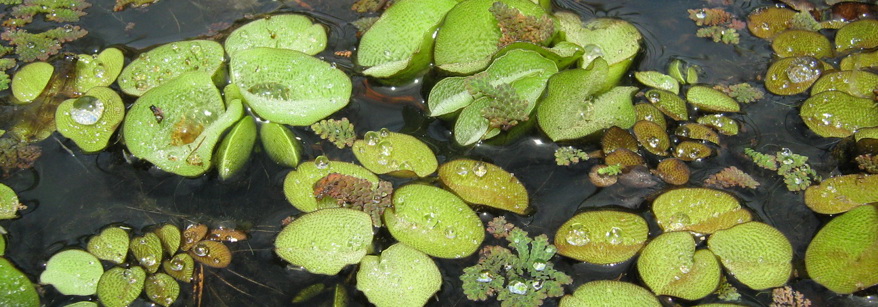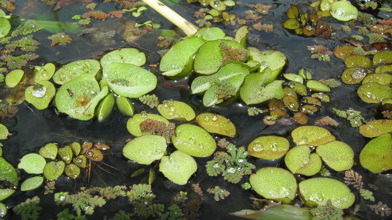Before attempting to control anything, ask yourself the following questions:
Is this method going to effectively control the pest? And if it is an animal, is this method humane?
- Controlling a pest can be time consuming and labour intensive, so you need to make sure the method that you use is appropriate and effective.
- If controlling animal pests, ensure the control method is NAWAC (National Animal Welfare Advisory Committee) approved, and humane.
- All live capture traps must be checked within 12 hours after sunrise every day that each trap is set.
- Ministry for Primary Industries: Guidelines for animal welfare
Is this method going to work at this time of year?
- Some pests can only be targeted, or are best controlled, at certain times of year, others can be controlled year round. In general, pest plants can only be effectively controlled when they are actively growing.
- Knowing when the best time to control your target pest is an important consideration to the success of the control operation.
- Different herbicides are required for some pest plants at different times of year.
- Use motorised control equipment (e.g. gun and hose sprayer, boom sprayer) often require notification of neighbours and/or public, if spraying near a boundary or public place.
What will happen to the site post-control? Do I need to consider non-target damage?
- Survey the site for desirable species before undertaking control, and understand if the planned control method will damage or kill them as well.
- After you control the pest, what will happen to the site? If left unmanaged, often other invasive species will colonise the site before desirable native species.
- Will I require follow-up treatments? If so, you may want to think carefully about when a site is replanted, as ongoing control could also kill restoration plantings.
- Can the pest be shaded out by desirable species long-term to suppress its growth? This could be a viable alternative to chemical control.
Do I have the experience, qualifications, permissions and equipment (including PPE) to legally and safely use this method of control?
- Do I have landowner permission to undertake the control? This is a legal requirement.
- Do I have the appropriate qualifications and permissions to use the chemical in that setting? (Use over water requires EPA [Environmental Protection Authority] permission, certain VTAs [Vertebrate Toxic Agents] require Controlled Substance Licences).
- Can I do the work safely? Do I have all the appropriate equipment, signage and PPE (Personal Protective Equipment) to ensure that both myself and others are kept safe?
- Do I have the appropriate experience and/or training to use the agrichemical via the selected application method? If not, further training should be undertaken; or engage a suitably experienced control contractor to undertake the control work instead.
WARNING: If you suspect poisoning has occurred to a non-target species such as pets or children, seek medical advice immediately. For urgent medical assistance, ring 111, or for animals your local vet. For advice on suspected mild effects, call the National Poison Centre on 0800 764 766.


